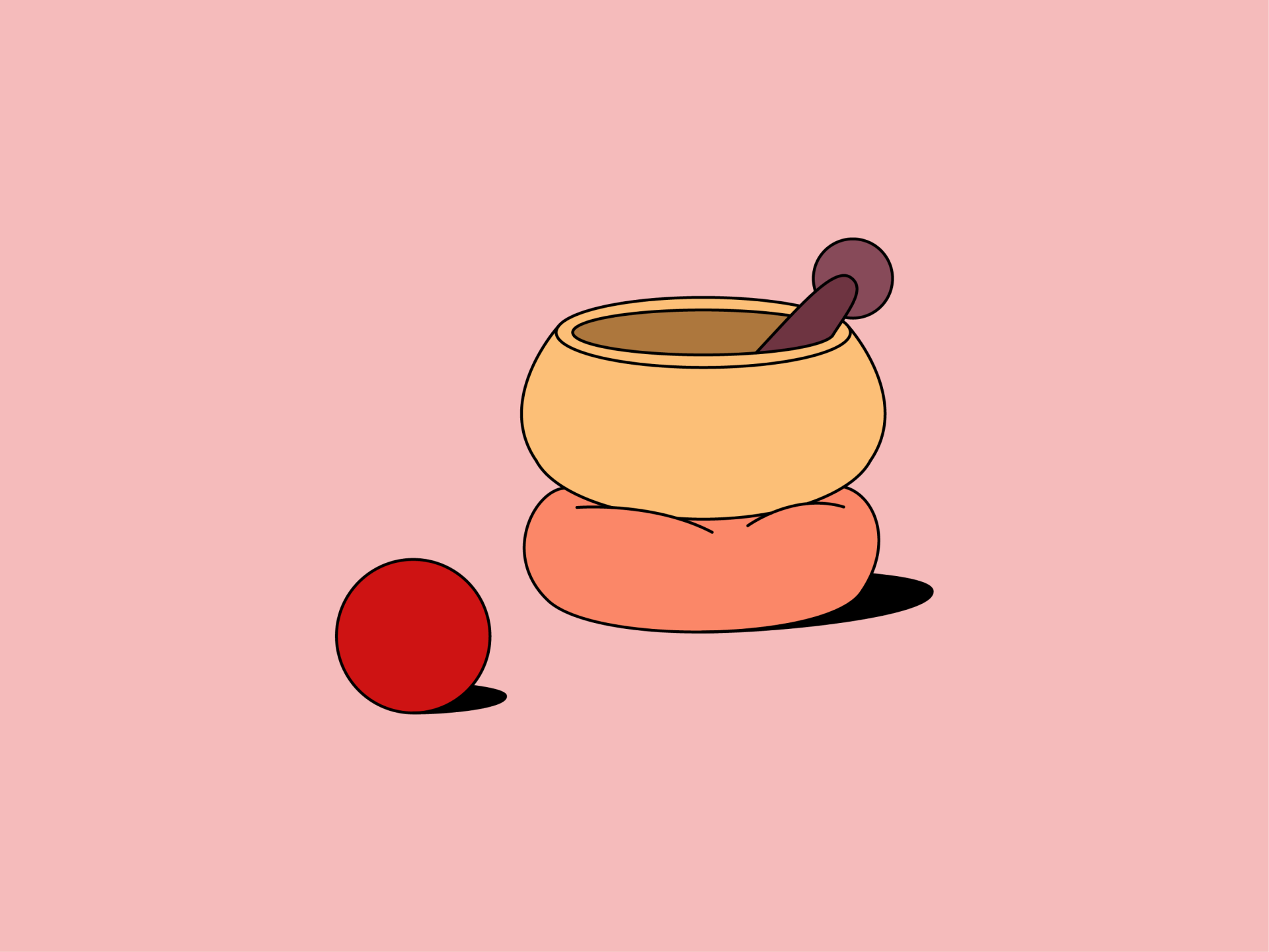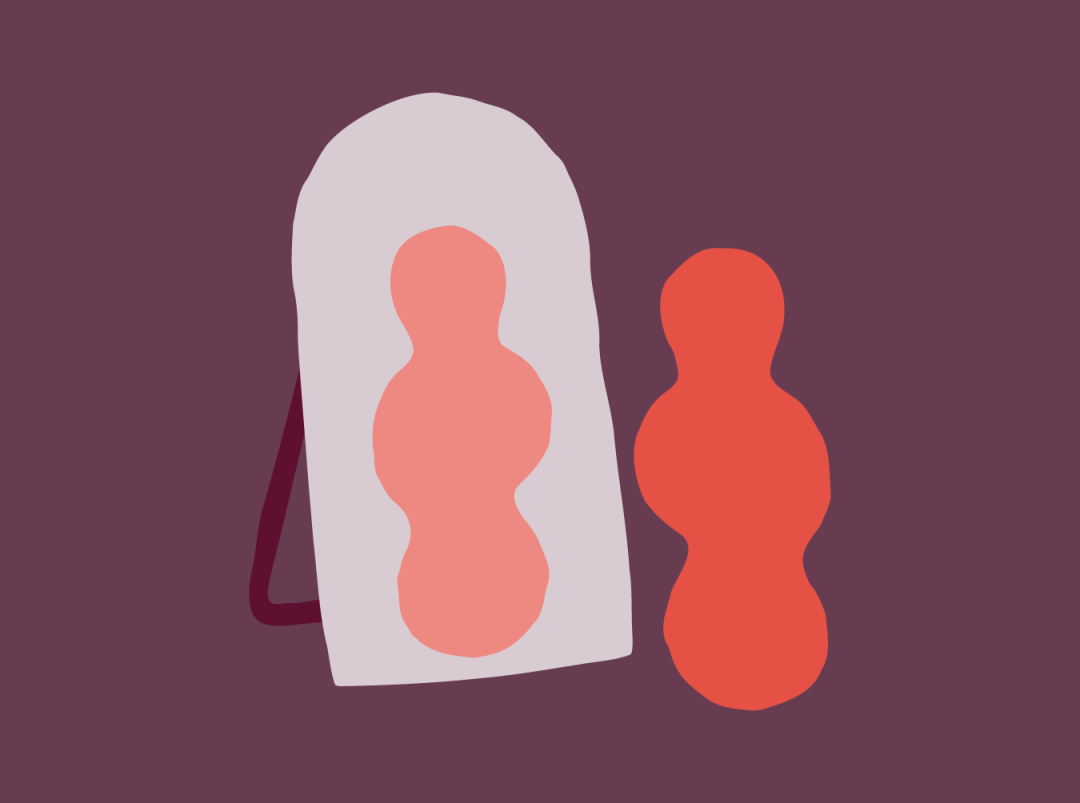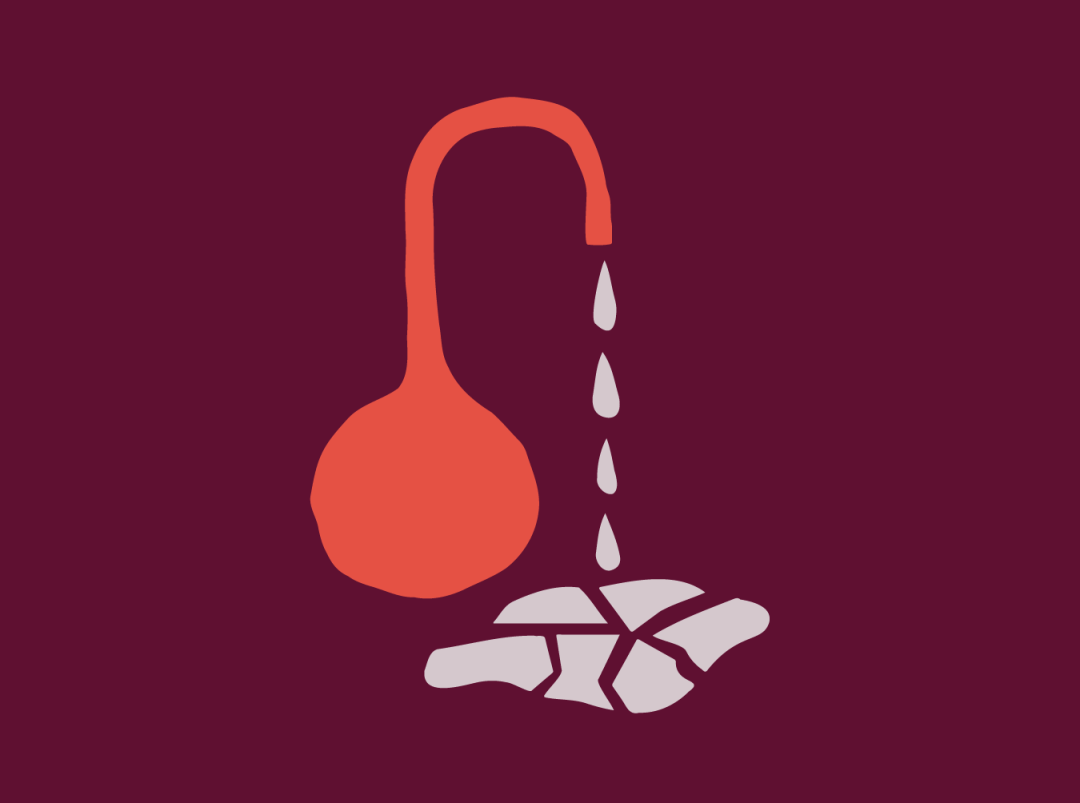#explainer
Meditation 101
health
·5 min read

by Toni Brannagan | 01/22/2020
For a while now, it seems like the peak of wellness culture has been the practice of meditation. In fact, according to the CDC, 14% of adults in the U.S. meditate, a population that has been steadily increasing since the study began in 2012. (Although in an informal survey of everyone I know who lives in Manhattan, this percentage rises to 100%.)
Meditation has been practiced for thousands of years, but like yoga and other wellness trends, its popularity has skyrocketed in the past decade, to the point where everyone from your boss’ boss to your college-age cousin practices ~mindfulness~. So, what’s the hype all about?
Besides being an evergreen talking point for any future gathering you attend ever, there’s actual science behind the benefits of this mindful practice. In addition to increasing self-awareness, meditation has the potential to jumpstart some ideal effects:
better focus
Inspired by the mental skill possessed by Buddhist monks, a study published in Psychological Science found that participants who regularly meditated displayed higher attention spans and focus than those who didn't. The people who continued to meditate every day saw even more task performance improvement.
As it turns out, meditation takes quite a bit of self-discipline — it’s actually pretty difficult to sit down and *think* without distractions. It’s no surprise that mastering this skill would make you more focused in other areas of your life. Plus, guided meditations exist for those of us who need a little extra help keeping our practice & our breathing on track.
… And let’s be real, thanks to the internet giving us the attention span of goldfish, couldn’t we all use a bit of improvement in that area?
stress less
Chances are, stress management is among your current woes. Between careers and relationships and wondering if you should just never read the news ever again, who isn’t stressed? What it really seems like is that we’re all thinking about waaaay too many things, and that’s where meditation can help you out a li’l bit.
The purpose of meditation is to stay focused in the *current* moment, not on that presentation you’re finishing for work or whether or not your landlord is going to come fix the hole in your bathroom ceiling, because seriously, it’s been two weeks.
*Takes a deep breath.*
Anywaaaay, studies have found that taking just 20-30 minutes out of your day to quietly meditate can have positive and calming effects, simply because you’ll be breaking out of your stressful patterns of thought.
alleviate anxiety
If meditation can help with de-stressing, it’s only natural that the positive effects extend to anxiety, too. According to Dr. Elizabeth Hoge at Harvard, “‘People with anxiety have a problem dealing with distracting thoughts that have too much power.’”
Mindfulness through meditation can teach you to *train* yourself to distinguish between “‘a problem-solving thought and a nagging worry that has no benefit.’” For example, it may help you get better at noting the difference between something like “Hm, maybe I should wake up earlier to get a more productive start to my day,” and “If I keep sleeping through my alarms, I’ll lose my job and all my friends.”
But remember, meditating is NOT a replacement for physical or psychological treatment, and you should also consult your doctor or your therapist with any conditions you are concerned about.
stop tossing & turning
According to another study, as reported by Harvard, taking 20 minutes during the day to focus on the present through simple breathing exercises can trigger a relaxing response that leads to less insomnia and fatigue.
Essentially, you’re creating a reflex to make it easier for you to enter the state of relaxation needed to sleep peacefully — meditating in this way is apparently so effective that if you’re practicing during the day, you should stay sitting up to avoid dozing off.
so, how do you get started?
I don’t know about you, but I find trying most new things intimidating, especially when there’s a lot of information to wade through in order to learn. Luckily, meditation is one of the most accessible and least physically strenuous habits to pick up, but here are a few tips for getting started on the right foot:
Pick your poison. Understanding the different types of meditation (who knew there were over half a dozen??) will help you make the most of your practice. The most popular in the West, and the one I mostly referenced throughout this article, is mindfulness meditation. But you might find that you’re more interested in mantra meditation or transcendental meditation. Figure out what works best for you!
Download an app. Some of the most popular apps on the market right now are wellness-themed, all you have to do is find one that serves *your* needs. You’ve probably already heard of Headspace and Calm, two award-winning meditation apps, but checking out some alternative options, like Shine and Omvana, could be worth a try. Plus, chances are you already have the YouTube app on hand — meaning you already have a near-endless supply of guided meditations and soothing sound baths at your fingertips.
Respect your time. If you want to experience the full benefits of meditation, you’re going to have to commit! Blocking out time to practice can help, whether it’s when you wake up in the morning, those 15 minutes after lunch you usually spend scrolling through Instagram, or when you go to sleep at night. If you find you can’t stick with the schedule you’ve created, allow yourself to be flexible, and find a routine that works for you. Remember, there’s no need to put undue pressure on yourself when the goal here is to relax!
Have you ever practiced meditation? What did you think? Share in the comments!
Toni Brannagan is a writer and was the former Copy and Content Manager at Thinx.
by Toni Brannagan


